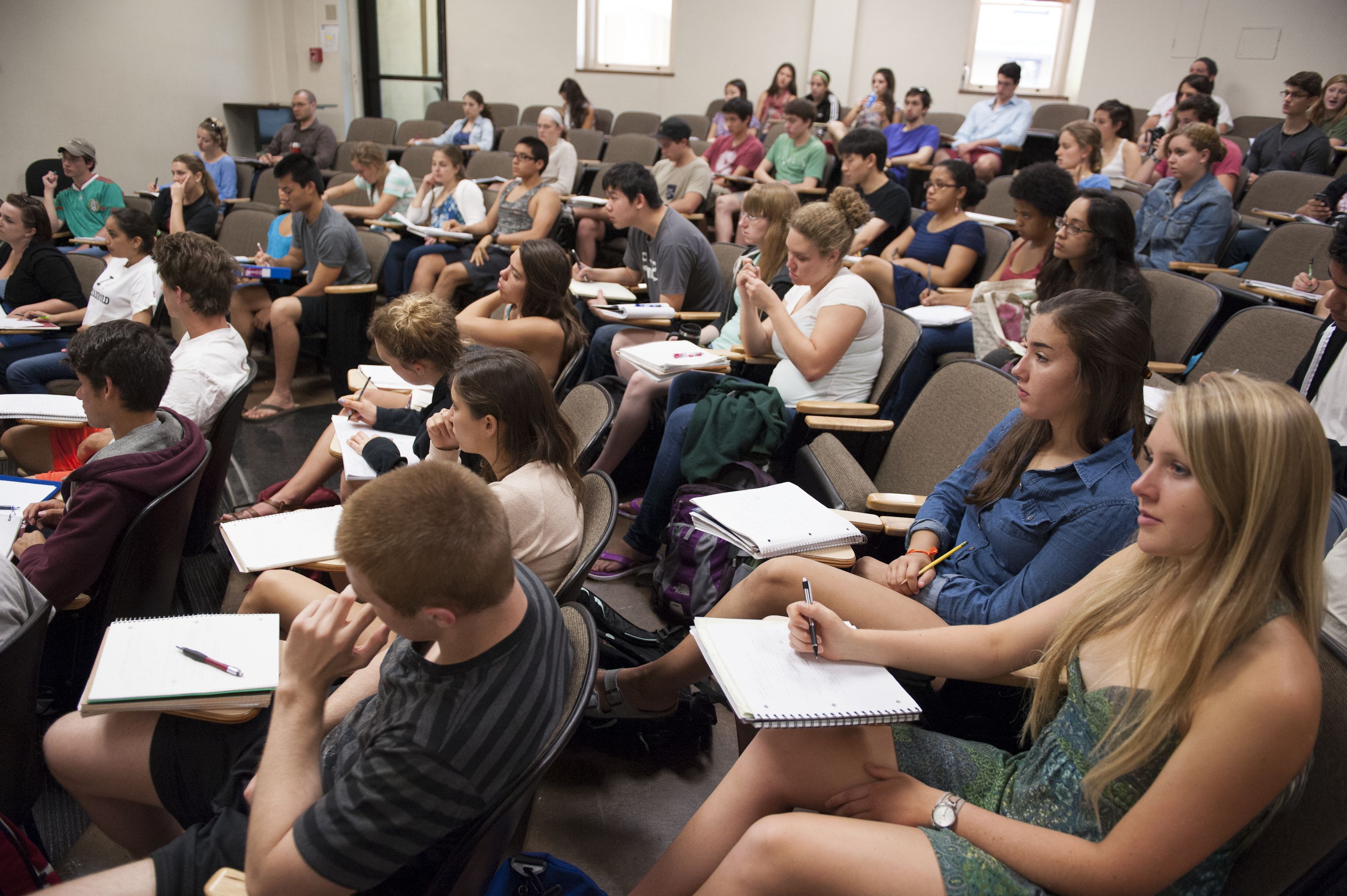The other day, I sat for hours in a café with a friend that I’ve known since I was five years old. We talked about the ways we’d grown and changed over the years and pondered our fondest moments from childhood — the fact that the smell of Purell hand sanitizer brought back memories of our kindergarten classroom, sitting on a rainbow carpet that marked out squares for each student to sit criss-cross-apple-sauce. The times our “friend group” strolled dramatically across the blacktop with our arms laced together, pretending to be the Cheetah girls, after arguing for the first 10 minutes of recess over who got to be Raven Symone. The hell that some of our classmates (but not us, never us) put our grade school teachers through.
The most poignant part of our conversation was when we started talking about these teachers — how funny they were, how harsh they could be, their nervous ticks, their quirky outfits, the facial expressions that told us we were having a pop quiz the second they walked through the door.
In my current internship, I work with women that have escaped the human sex-trafficking ring in Madrid. Despite the fact that I came to Spain to learn Spanish, during the past seven weeks, I have found myself teaching three hour long Spanish classes twice a week to a group of seven young women, only some of whom are older than I am. There is no better test of one’s knowledge about something than being asked to explain it to someone else so that they are able to understand it, too.
I’ve spent most of my life in a classroom: 12 of my 20 years alive have included eight- to nine-hour school days, and I’ve spent the last two years living in the place where I study. It’s no surprise that some people spend more time with their teachers than they do with their own parents. When I think about the way that I have developed and settled into the person I am today, I attribute many of my traits and perspectives to the manners by which I was educated and nurtured growing up, not just by my family, but also by the instructors who were placed in charge of guiding me, along with dozens of other children, every day.
My father is a high school teacher and college lecturer, and I’ve seen the amount of effort that goes into his work: the weeks where he wakes up at 4 a.m. every morning to finish lesson plans for his eight hours of teaching, the weekends when he’d camp out at cafés grading 40 25-page essays, the fatigue that etched itself into the creases on his forehead and pressed itself into the dips of his shoulders. I’ve heard him worry about whether or not his students understood the concepts he was trying to articulate, if they felt that he was approachable or if they took him seriously. I would nod and reassure him, and I have been and always will be filled with a deep admiration for his passion and gift for helping others learn. However, never did the sheer weight of his impact, or the impact of the multitudes of teachers who have touched my life in so many ways, sink in for me as much as it did this quarter. I was placed in a classroom with a single piece of chalk and a two-foot-long chalkboard in front of seven strangers who had been through some of the most difficult experiences that a human can face and asked to teach them a language that I myself was still in the process of learning.
While teaching, I internalize every look of confusion, every eye-roll, every subtle nod that indicates someone is falling asleep. I face the challenge of attempting to verbalize things that at first seem obvious to me but then reveal themselves as counter-intuitive to someone learning them for the first time. When the women are unwilling to participate in the activities I try to facilitate, I am overcome by panic and frustration. Standing up in front of them every day makes me as nervous as giving a speech in front of a huge crowd. I find myself thinking, “How do they do it? How do teachers subject themselves to this every single day?” I get hit by a wave of immense gratitude and respect.
Then, there come the moments that make it all worth it, that make everything make sense. It’s the looks of comprehension and excitement that flash across the students’ faces when they figure out a concept they were struggling with. The moments where they dance around the classroom showing everyone the paragraph they had written with perfect grammar. The timid “thank you”s and occasional hugs I get before some of the students leave class. It is these small victories, these touching instances of clarity and sheer growth, that fill one with pride and the confidence that one is doing something right in the world.
Through these moments, I am reminded of the deep relationships I have cultivated with some of my instructors throughout the course of my life — the ones whom I see not only as teachers, or authoritative figures, but also as wise mentors, as worried parents and as brave heroes. I want to be sure to take as many opportunities as I can to send an email, to leave a voicemail, to walk up in person and share my appreciation for teachers of all kinds, and my recognition of the immense responsibility and workload that they carry in order to nurture and shape the future of our country and our world as we know it.
Contact Clara Spars at cspars ‘at’ stanford.edu.
